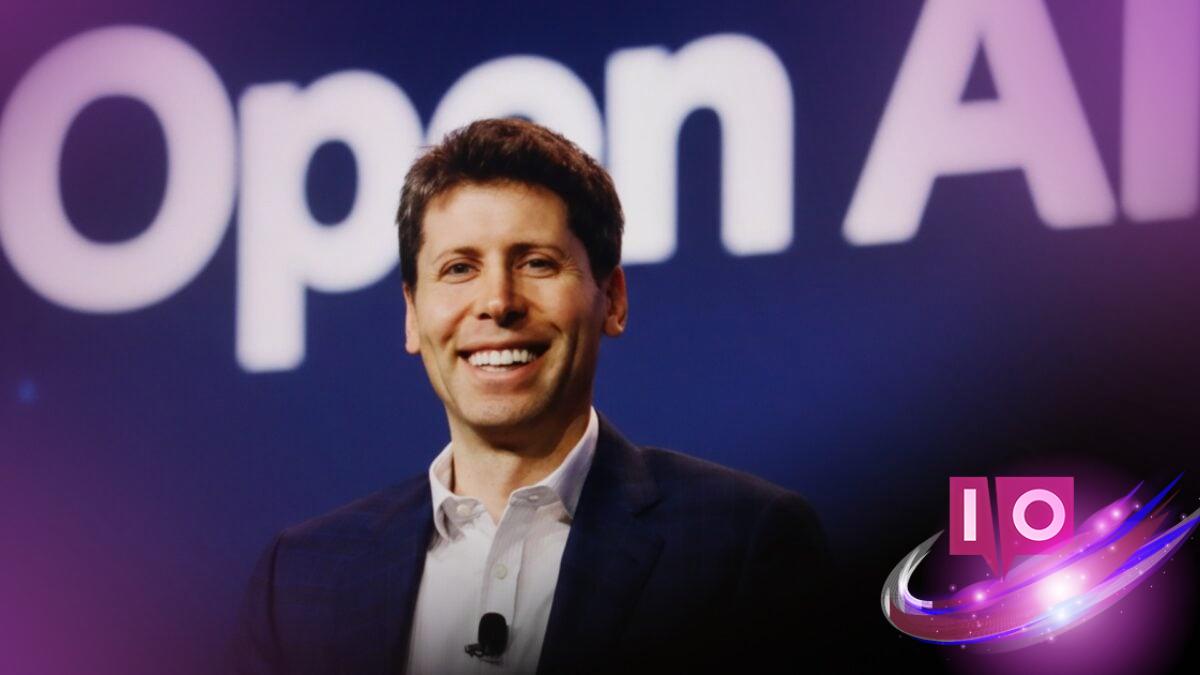The landscape of artificial intelligence is evolving rapidly, and one intriguing trend is emerging. The buzz surrounding “artificial general intelligence” is being overshadowed by a growing focus on personalized AI experiences. This shift is not just a passing phase; it signifies a pivotal change in how we perceive and interact with AI.
Consider the insights shared by OpenAI’s CFO, Sarah Friar, during her recent discussion with the Wall Street Journal. Following her controversial remarks about seeking a government safety net for OpenAI’s financial undertakings, Friar showcased a forward-thinking vision for AI applications—centering on personal chatbots akin to digital butlers.
1. Personalization: The Future of AI
Friar emphasized memory as a crucial aspect, stating, “When we think about the underlying first priorities of where we’re going with chat, number one is definitely memory.” She illustrated this with examples familiar to regular users, such as ChatGPT remembering details of past travel experiences to tailor vacation suggestions. This kind of personalization enhances user utility and engagement.
2. Drawing Parallels with Uber
In her conversation, Friar likened OpenAI’s vision to Uber’s innovative model. “When Uber went public, they marketed themselves as everyone’s private driver,” she noted. “In the same vein, ChatGPT could offer services like personal tutoring, concierge healthcare, or even a stylist.” This analogy captures how AI can democratize services traditionally reserved for the affluent, making them accessible to a broader audience.
3. Challenges with AI Memory
Despite the allure of improved memory in chatbots, this ambition comes with significant technical challenges. The complexity and resource-intensive nature of developing effective memory systems in AI still presents hurdles. Significant research indicates that longer memory doesn’t necessarily translate into better responses or experiences for users.
4. The Implications of Personalized AI
As OpenAI shifts focus from the grand vision of “artificial general intelligence,” the emphasis on personalized AI opens avenues for practical applications. For instance, CEO Sam Altman has suggested that generating an “AI researcher” capable of making discoveries independently is a more tangible goal. While these advancements sound promising, they steer away from the once lofty aspirations tied to AGI.
This pivot towards personalized AI brings with it both opportunities and risks. For example, could the focus on personalization lead to unhealthy relationships with chatbots? Engaging users more might drive usage up, but it raises questions about the emotional implications of such connections.
5. Realistic Expectations for AI
Ultimately, while the prospect of personalized AI holds great promise, it may not lead to the creation of a god-like entity. However, it approaches a more realistic expectation of AI’s capabilities. For example, Friar highlighted potential breakthroughs in healthcare, where AI could lead to rapid advancements in drug development, enhancing patient outcomes significantly.
How are personalized AI experiences shaping user interaction with technology? Personalized AI experiences are changing the way users engage with technology, making it more intuitive and tailored to individual needs.
Are personalized AI chatbots effective at understanding human needs? Current personalized chatbots excel at remembering user preferences, though they still face challenges in complexity and ethical concerns.
What trends are emerging in AI development? The shift towards personalization and practical applications is trending, focusing on real-world use cases instead of mere theory.
Is there a risk of dependency on personalized AI? Yes, while these AI solutions enhance convenience, they may also foster unhealthy dependencies, raising important ethical questions.
This shift towards personalized AI experiences may represent a more pragmatic trajectory in technology. As we navigate these changes, it’s crucial to keep expectations grounded and continue exploring how AI can genuinely enhance our lives. For more insights on technological advancements and their implications, visit Moyens I/O.
